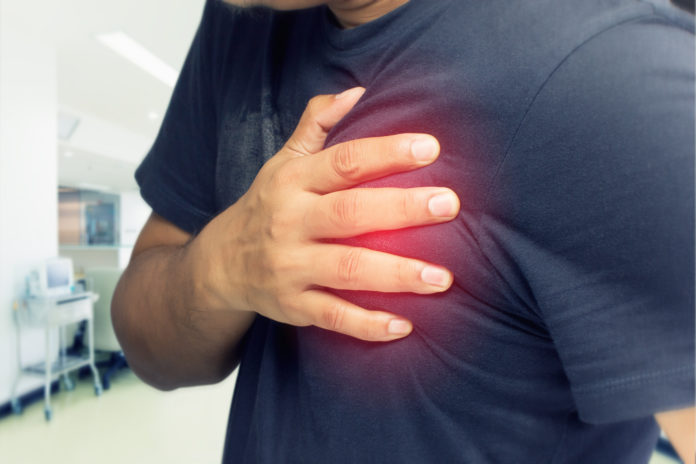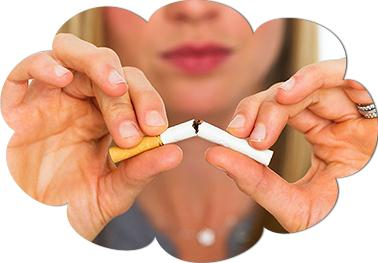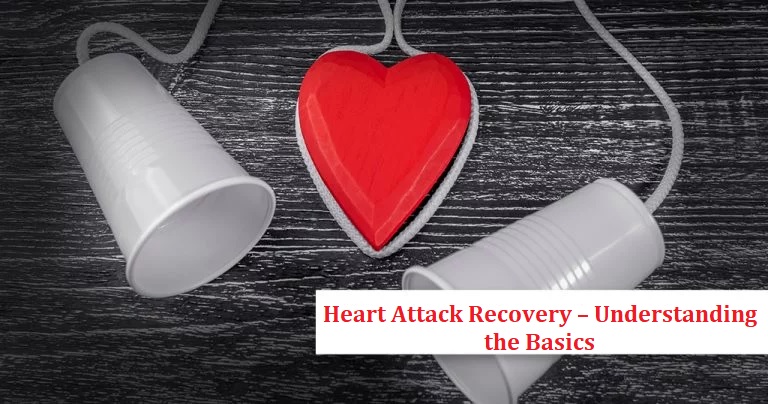What happens after a heart attack?
After a heart attack, also known as myocardial infarction (MI), the doctor will devise a treatment best suited for the patient, keeping in mind their medical history. The goal is to prevent another heart attack and lower the chances of premature death.

Do I need to take medicines?
Medicines are prescribed in the treatment plan. The cardiac medicines your doctor prescribes will depend on your heart’s health and the treatment plan for your heart attack. Different cardiac medications serve different purposes; they can be prescribed to prevent chest pain, treat cardiac systems, and prevent a heart attack in the future. Doctors generally prescribe aspirin, beta-blockers, and cholesterol-lowering medication for the prevention of a heart attack.
Your doctor may also prescribe medication for high blood pressure, high cholesterol, and diabetes (high blood sugar) if you are affected by any of these conditions. Leaving these conditions untreated greatly increases the likelihood of a heart attack.
Take your medications the way your doctor advises. If any of the medications have a side effect, inform your doctor at the earliest. In case the cost of medication is beyond what you can afford, talk to your doctor about it to see if there are more affordable alternatives.
Your doctor might also proscribe certain medications like non-steroidal anti-inflammatory drugs (NSAIDs), depending on your heart’s condition and your medical history. NSAIDs include naproxen and ibuprofen.
Do I need to make lifestyle changes?
Most likely, yes. After a heart attack, your doctor may suggest you to:

- Quit smoking, if you smoke: Quitting smoking can lower your chances of developing heart disease. To stop smoking, you might find it helpful to:
- Use nicotine patches, gum, or nasal sprays. Nicotine is a drug found in tobacco that causes dependency/addiction to cigarettes.
- Work with a counsellor to find ways to make it easier to quit.
– Take a prescription medication to manage cigarette cravings.
- Exercise: Regular exercise keeps the heart and body healthy. Your doctor is most likely to suggest an exercise program that is safe for you. Most doctors recommend exercising for 30-60 minutes a day, 5 or more days of the week. In your exercise program, you should ideally include three main types of exercises:
- Aerobic exercise to raise your normal heartbeats per minute. Examples of aerobic exercises include brisk walking, swimming, and jogging.
- Resistance training to strengthen your muscles. Use weights or resistance bands for these exercises.
– Stretching your muscles.
- Improve your diet: Eating a well-balanced diet can help in maintaining good health. Fruits, vegetables, and food with fibre can help prevent heart diseases. Try to avoid eating food that can worsen your heart’s condition. This includes trans fats found in packaged and fast food. If you are overweight, it’s important to lose weight. Losing extra weight lowers the likelihood of another heart attack.
What is cardiac rehab?
Cardiac rehab or rehabilitation is a special kind of care an individual receives after a heart attack. In a cardiac rehab program, doctors, nurses, and other health professionals will teach you how to keep your heart healthy. This includes ways to:

- Exercise safely
- Improve your diet
- Quit smoking
- Manage your other health conditions
- Cope with stress and anxiety
When can I have sex again?
Having sex within the two weeks of a heart attack can be strenuous for your heart. Check with your doctor when it is safe for you to start having sex again. This will depend on the severity of the heart attack.
Some people may be less interested in sex or do not enjoy it as much as before. This can be caused by certain cardiac medications. The loss of interest can also happen if someone is worried about having a heart attack during sex.
Heart diseases may lead to sexual inadequacies, which is why it is important to consult your doctor if you face such issues.
When can I drive again and return to work?
Check with your doctor about when it is safe for you to do so. Most people can drive again within a week after a heart attack. Many people can return to work within 2 weeks of having a heart attack. It depends from person to person. It’s best to consult your heart specialist about it.
What symptoms should I watch for?
After a heart attack, you should watch for chest pain and other symptoms such as lightheadedness, shortness of breath, indigestion, and heartburn. People who suffer from a heart attack have higher chances of having another heart attack and other heart problems. A heart attack can have life-threatening consequences. Therefore, if you experience any symptoms, seek help immediately.
Knowing the signs and making lifestyle changes can certainly help. Take action now! Enroll in our comprehensive Healthy Heart Program to keep your heart healthy.


